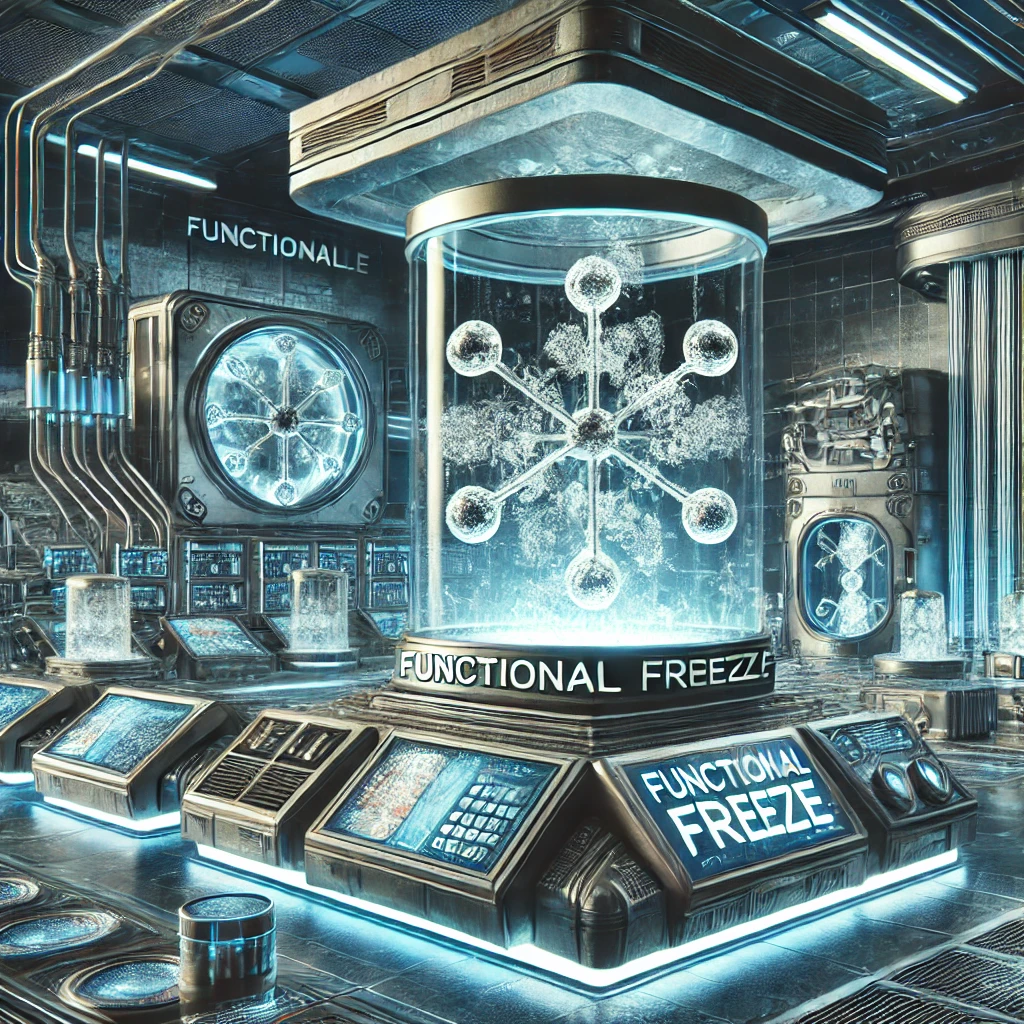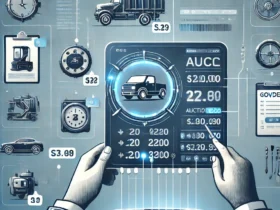What is Functional Freeze?
There are many different displays of this state, such as a echnology system going down during some mission-critical task, or individuals or groups freezing on the action due to stress. It even suggests being unable to proceed, and there are delays or inefficiencies, or a performance breakdown.
Functional freeze Functional freeze can also appear in technology, when for example software and hardware components stop working, especially at difficult operations and high load. Human behavior: A functional freeze can also happen in humans when the going gets tough, preventing people from doing what they need to in flight-or-fight situations because they are too afraid, stressed or confused.
Functional Freeze: Why does it happen?
Technological Causes
In Computing: When the server is overloaded with data or too many calculations are being done at once, the system will ultimately freeze. This can occur in software programs or on servers during peak hours.
Memory Leaks: In computer programming, when a module takes up too much memory without returning it can cause the program to freeze or work very slowly or not at all.
Bugs in Code: Programming blunders, particularly under stressful situations, can lock down the whole system.
Psychological Causes
Stress and anxiety In stressful circumstances people can freeze or feel paralyzed, unable to make a move. For example, people often do this when under pressure… say from public speaking, or in a high-stakes business situation.
Fear of failure: Worrying about getting it wrong or not doing it right can make us freeze and unable to complete essential tasks.
Organizational Factors
Communication breakdown: If decision-making becomes stalled in a team or organization due to lack of clarity or communication, freeze mode sets in and productivity is frozen too.
Resource Scarcity: Without the right tools and resources, teams or individuals can become paralyzed, leading to stagnation and slow-down in the process.
Functional Freeze in Various Contexts
Information Technology and Software
It is easy to slip into functional freeze in technology, where, for reasons including software upgrades, system crashes, bugs in mission-critical applications, and so on, things go wrong. For example, online retailers may suffer from server overloads on the eve of holidays, which can cause freezing or even failure of their system, leading to dissatisfaction from customers and sales losses.
Human Behavior and Psychology
In humans, a functional freeze can be experienced when brain is too active during high stakes, like when speaking to large groups or when a crisis occurs. The individuals may suddenly become gripped with terror and not be able to move or speak. Other people who are feeling burned out overwhelmed may feel frozen and unable to decide or act.
Business and Organizational Practice
Within the business space, a functional freeze can happen when teams are confused about their roles, goals, or strategy. And when departments aren’t lined up or leadership doesn’t set good direction, the process can get halted. This also often occurs when there are mergers or organisational changes and staff are uncertain about their future position.
What are the solutions to the functional freeze?
In Technology
Load balancing: To prevent system overloads and consequently freezes, load-balancing techniques can balance the traffic more equally to different servers.
Optimizing: From optimizing the code to regular maintenance checks will ensure that a software is responsive, and prevent memory leaks and errors that can cause freezing.
Backup Systems: Employing backup systems and failsafe procedures can mitigate the likelihood of a catastrophic stall, and can accelerate the recovery if crashes happen.
In Psychology
Cognitive Behavioral Techniques: If an individual can recognize and alter patterns of thought that may be contributing to the fear or anxiety, this can enable them to act instead of becoming frozen.
Training in decision-making: Teaching people to take complex problems and reduce them to a series of simple tasks can then reduce cognitive burden, as well as preventing the freeze response.
Functional Rigidity as Manifestation in Crisis Management
However, the functional freeze during a crisis – in business, technology, and personal life – is a particularly painful stage. In such cases, fast action can prevent harm or correct problems. An operational pause, at a time of crisis, can translate into not acting, making things worse.
For instance, in the event of a data breach suffered by a business, an absence of action can result in extended downtime, breach of trust, and possible legal action. It is in such cases that developing a crisis management plan and preparing people for managing stress can greatly reduce the likelihood of a freeze.
FAQs about Functional Freeze
What’s the difference between a system freeze and a system crash?
The sort of freeze you’re talking about isn’t normally a total freeze, where the computer or user stops completely, but where they can’t carry out a specific action. On the other hand, a system crash is one in which the system becomes inoperable altogether and often requires a reboot or powercycle.
Is it possible to avoid a functional freeze?
Though functional freeze can’t be avoided in all cases, it can be mitigated by good planning, stress mitigation and system optimization. Within organizations effective communication and unambiguous goals can radically decrease the likelihood of a freeze.
What is the relationship between stress and functional freeze?
Stress is a major psychological factor contributing to functional freezing, especially under pressure. And in the point of stress, people can get their cognitive functions screwed up: the moment they are such that they will not take action, it would freeze them.
What are organizations doing about functional freeze?
Businesses can combat functional freeze by planning for plan Bs, training adequately and creating an atmosphere that encourages clear communication and decision making.
Is functional freeze an irreversible state?
No, functional freeze is mostly temporary, and you can get over it by following some great strategies to combat it including but not limited to stress ands system up-keep, etc. The objective is to reduce the likelihood for it to happen in the first place.
Conclusion: The Significance of Functional Freeze
In summary, functional freeze is a concept that spans various domains, from technology to human behavior and organizational practices. And though transient, the effects can be noticeable, causing delays, inefficiency, or lost opportunities. By identifying why functional freeze occurs and taking preventative measures to prevent it (i.e., system optimization, healthy stress management, and transparent communication), we can lower the likelihood of it happening and boost the performance of individuals and businesses.
With awareness of the signs of functional freeze and strategies to redress it, people and businesses can minimize their susceptibility to freeze-up in high-pressure situations and increase their ability to keep the pressure on when the going gets tough.














Got a Questions?
Find us on Socials or Contact us and we’ll get back to you as soon as possible.